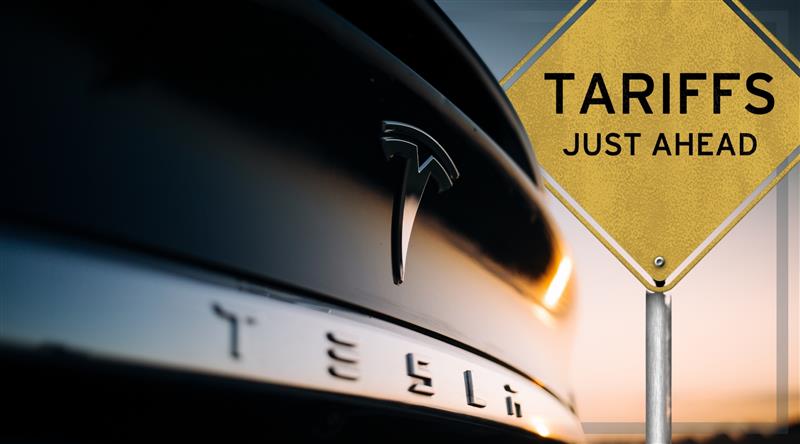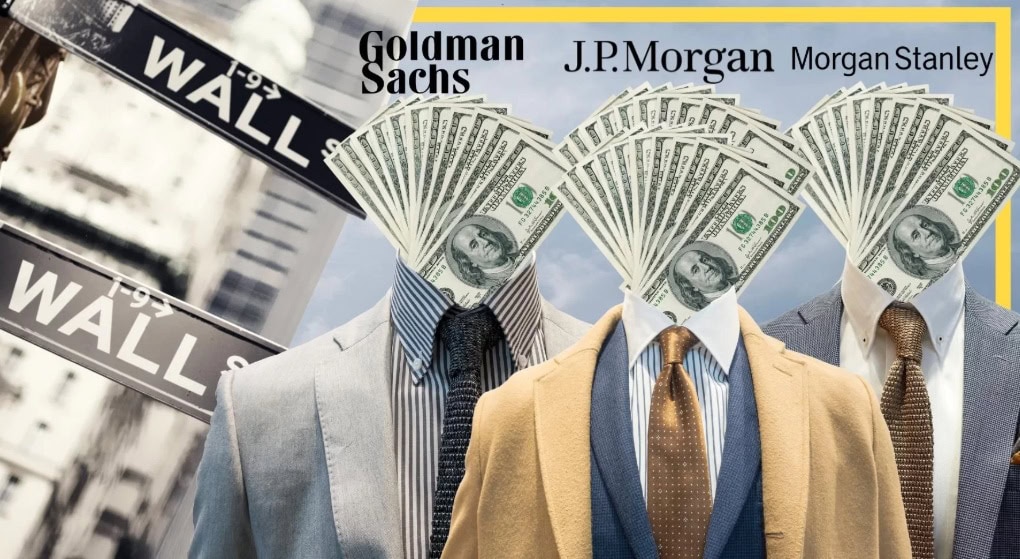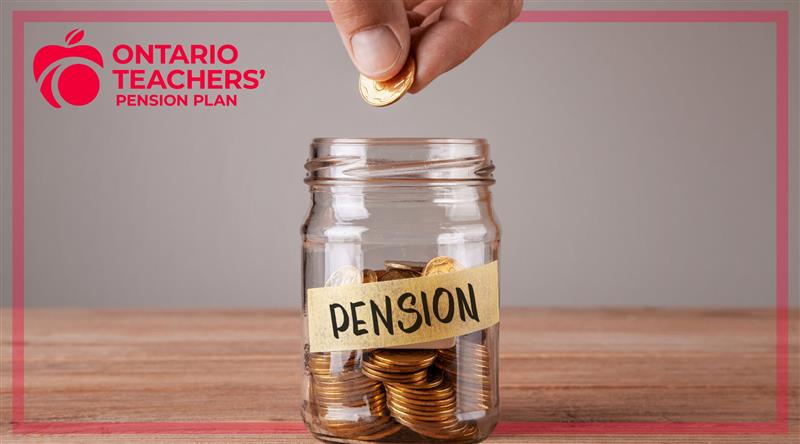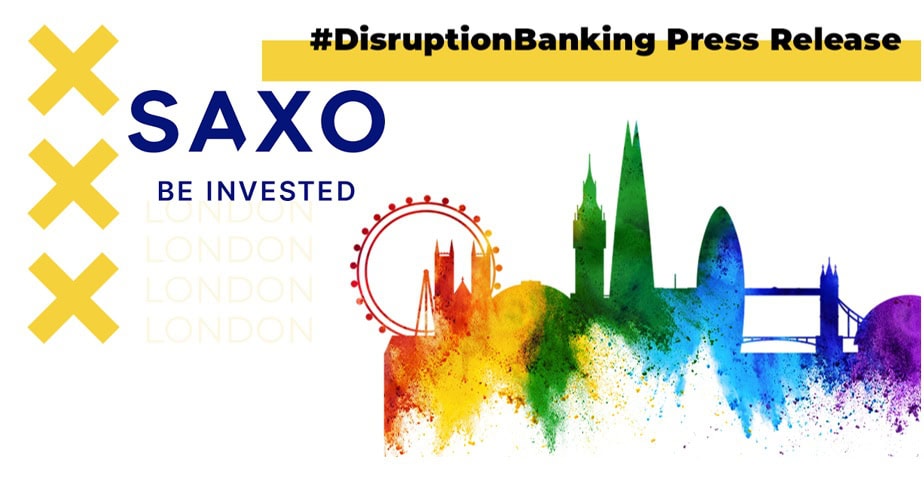Tesla stocks took another plunge this week in the wake of Trump’s reciprocal tariffs. Monday marked a drop of 55% from a record high value reached back in December. Across the world, but particularly in North America, protestors are taking action, setting fire to and damaging Tesla vehicles in defiance of Elon Musk’s closeness with President Trump.
But this week saw perhaps the first signs of a rift between Musk and Trump. Musk at once criticised Trump’s tariffs and picked a fight with his trade advisor, Peter Navarro. This is because China, a significant supplier for Tesla’s vehicles, was hit the hardest by Trump’s tariffs.
Musk, then, is caught between a rock and a hard place: his loyalty to Trump on one end, and Tesla’s dependence on China at the other. Can Tesla’s supply chain survive Trump’s reciprocal tariffs? How can the pair make amends with such irreconcilable interests?
President Trump’s latest tariff exemptions on consumer electronics and semiconductors could reduce the negative impact on China’s economy by 0.4 percentage points, if it were to last https://t.co/LgfvPVB2le
— Bloomberg (@business) April 14, 2025
How are Trump’s Tariffs Disrupting Global Trade?
Trump’s tariffs have wreaked havoc in the global economy for weeks now. On Wednesday, Trump announced a 90 day pause on tariffs for all countries except China. And it was only on Monday, a week before, that he announced his application of tariffs to all countries on “liberation day.”
The disruption was immediate. On Monday, Trump lashed out at “panicans,” a portmanteau of “panic” and “Americans,” in a post on Truth Social. Markets tumbled around the world, but especially in the U.S. After fears of a new “Black Monday” on Wall Street, markets across Asia and Europe also crumbled.
To some, the tariff pause confirmed a suspicion that the Trump administration was acting largely without a plan. In the other camp, the pause was not a retreat, but part of an overarching plan, a sweeping negotiation tactic to muscle better deals for America.
But whatever the intentions, supply chains were disrupted across the board. Companies faced either biting the bullet of increased costs, or spending large amounts of money shifting their supply chains. Even with the pause, China is one of America’s largest trading partners, standing third for U.S. exports and second for imports in 2024.
Tariffs are historically a tool that can build homeland industries, disincentivising imported products. However, even products that are manufactured in the U.S. will often depend on supplies from abroad, meaning almost every industry will be affected by tariffs.
The American automobile industry, relying heavily on parts and metals imported from abroad, would be one of the hardest hit.
How Will the Tariffs Affect Tesla’s Supply Chain?
Tesla sources most of its semiconductor chips from China. It’s so significant that Trump, just yesterday, announced a tariff reclassification for semiconductors could be expected this week, along with consumer electronics like mobile phones.
While all carmakers need semiconductors, the manufacturers of electric vehicles are particularly reliant for their digital systems, in addition to their traditional car mechanics.
Almost every electronic device uses semiconductors, and they’re mostly produced in Asia. Semiconductors are materials with conductivity capacities between conductors, like copper, and insulators, such as wood. They’re crucial to both internal combustion engines and electric vehicles as they can efficiently manage a range of electric systems. They’re used for everything from temperature and lighting control to digital screens and media devices.
But batteries, the key component of electric vehicles, are also largely sourced in Asia, particularly China. China is the biggest player in the production of Tesla batteries. Tesla uses a lithium-ion battery, which requires lithium, cobalt and nickel. For decades, China has been a major producer of these metals, and Tesla currently uses them in their manufacturing at a Gigafactory in Shanghai.
China is clearly a critical part of Tesla’s supply chain. In what was already a difficult period for the company, the tariffs add higher production costs with practically no alternative supply routes. Its dependence on China is systemic. How will it survive the increasing Tariffs, and how will it impact Musk and Trump’s relationship?
Tesla has the most American-made cars. Navarro is dumber than a sack of bricks. @IfindRetards @RealPNavarro https://t.co/gECgtZt5Sc
— Elon Musk (@elonmusk) April 8, 2025
Peter Navarro’s Role in the Trade Conflict
Following the tariff announcement, Elon Musk had some harsh words for Trump’s trade advisor, Peter Navarro, including “moron,” and “dumber than a sack of bricks.” Karoline Leavitt, White House Press Secretary, remarked “boys will be boys.” But does it signal the first signs of a rift between the president and Elon Musk?
The tariff dispute marks the first disagreement on policy between Trump and Musk, who regularly dons a red cap that reads “Trump was right about everything.”
Navarro previously had the dishonourable privilege of being the first former White House official to be imprisoned for a contempt of Congress conviction. He has long been, and remains, one of the most ardent supporters of a strong, long-term tariff policy. He was also one of the leading brains behind the widely criticised “Project 2025.”
While Trump has distanced himself from the project, it must be acknowledged that he is fulfilling many of it’s promises. He introduced measures to ensure civil service workers are loyal Trump supporters, introduced harsher immigration laws including mass deportations, and has undertaken a reshaping of the government through executive orders, including abolishing the Department of Education.
Regardless of whether or not Trump is committed to Project 2025, the tariff implementation confirms Navarro as a significant advisor to the president. Not only have the Tariffs put Musk between Tesla and Trump, but Navarro appears to be wedged between them, too.
Musk is expected to step back from the White House, soon. It’s currently unclear how far his influence will extend over the next four years. He looks set to remain one of the president’s close confidants, but it will be difficult to move past a policy that is so costly for Tesla.
Musk’s White House Role Is Ending But His Influence Will Remainhttps://t.co/Xjlb58suOi$TSLA
— Tesla Updates (@teslaXupdates) April 3, 2025
Can Tesla’s Supply Chain Survive Trump’s Tariffs?
Tesla will surely “survive” the tariff debacle, but it’ll certainly take a hit. The escalating tariffs on China, currently at 125% on Chinese imports, have struck a massive vulnerability for the EV manufacturers.
The supply chain for key materials like lithium and cobalt begins in China, as well as the EV batteries themselves. It will not be easily changed if tariffs are maintained at this level in the long-term. This is what Navarro intends. Trump has said that countries who don’t fight back against the tariffs will be rewarded. But China claims it will “fight to the end.” It appears, then, that the conflict won’t be ending any time soon.
The timing of the tariffs adda another blow to Tesla, bolstering an already lively set of enemies Musk has earned. This seems to include the entirety of Canada, who removed Tesla from its EV rebate and are putting pressure on its Starlink contracts. Just under 377,000 Canadians also signed a parliamentary petition to revoke Musk’s Canadian citizenship.
And to make matters worse, its Chinese competitor BYD is finally overtaking the American company in annual sales.
With Tesla’s stock plummeting, both on Wall Street and in the public eye, a breakdown of its supply chain at this moment will seriously trouble its competitiveness in the global market.
What’s Next for Tesla?
If the past two weeks are anything to go by, it’s impossible to tell the fortunes of Tesla. In yesterday’s announcement, Trump suggested that concessions could be made to exempt materials like semiconductors, along with mobile phones, from the highest tariff rates. However, even a compromise will have lasting effects. And the further deterioration of US-China relations could make things even worse.
Trump has repeatedly doubled down on his promise to sanction China with tariffs. Tesla’s supply chain could be at risk in the long-term. And this would be a massive hit to the company’s profitability while stocks are already plunging.
It might be a consolation to some shareholders that Trump has retreated on Tariffs before. He doesn’t, however, look likely to step back on this one.
Author: Sean Maguire
#Tesla #ElonMusk #Trump #Tariffs #SupplyChain #TeslaStock #ElectricVehicles #GlobalTrade #BYD #ChinaUS
See Also:
Trump Delays Tariffs for 90 Days Apart from China | Disruption Banking
Will Trump’s Liberation Day Cause a Stock Market Crash? | Disruption Banking
How Elon Musk’s Tesla Bonuses are Fuelling a Delaware Exodus in 2025 | Disruption Banking















